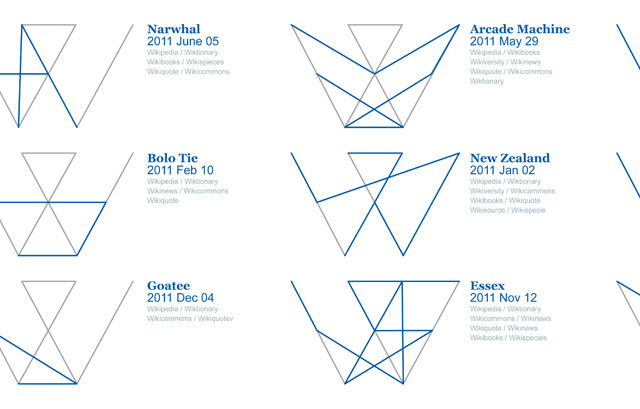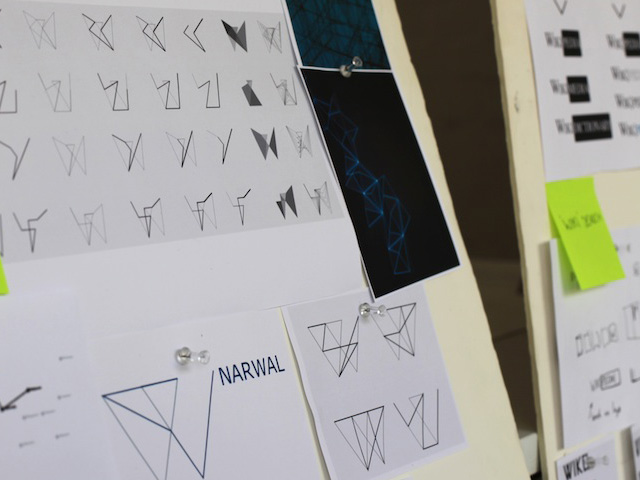As I’ve been listening to people from Microsoft in the news over the last couple months I’ve noticed a recurring theme – they like playing games with semantics. Sometimes I think they get cutesy but sometimes I think what they say aligns with their business philosophy.
The first time I noticed this was when Steve Jobs described us as being in the ‘post-PC era’ at the D8 Conference in 2010:
When we were an agrarian nation, all cars were trucks, because that’s what you needed on the farm. But as vehicles started to be used in the urban centers, cars got more popular. Innovations like automatic transmission and power steering and things that you didn’t care about in a truck as much started to become paramount in cars.
PCs are going to be like trucks. They’re still going to be around, they’re still going to have a lot of value, but they’re going to be used by one out of X people.
I think that we’re embarked on that. Is [the next step] the iPad? Who knows? Will it happen next year or five years from now or seven years from now? Who knows? But I think we’re headed in that direction.
The next day at the conference, Ballmer responded:
I think people are going to be using PCs in a greater and greater numbers for many years to come. I think PCs are going to continue to shift in form factor. PCs will look different next year, the year after, the year after that… I think the PC as we know it will continue to morph form factor… Windows machines are not going to be ‘trucks.’ They will continue to be the mass popularizer of a variety of things that people want to do with information… I think there’s a fundamental difference between small-enough-to-be-in-your-pocket and not-small-enough-to-be-in-your-pocket. There will be some distinct differences in usage patterns between those two devices.
So here we have Ballmer getting all philosophical. What is a PC? What is PC-ness? If we were to remap Jobs’ truck analogy for Ballmer, Ballmer would have probably said everything is a truck. Scooters? They’re just trucks without the flatbed and only 2 tires. Sedans? Sedans are trucks that are lower to the ground and have a trunk instead of a flatbed.
Fast-forward to Microsoft’s BUILD Conference that happened last week and we can see that Microsoft’s leadership is truly aiming for a PC experience everywhere with Windows 8. If you want to work within the Metro UI, go for it, but if you need that nasty, overly-complicated experience of the ‘traditional’ Windows, you can always jump back to it.
According to Steven Sinofsky, you never have to compromise:
Why not just start over from scratch? Why not just remove all of the desktop features and only ship the Metro experience? Why not “convert” everything to Metro? The arguments for a “clean slate” are well known, both for and against. We chose to take the approach of building a design without compromise. A design that truly affords you the best of the two worlds we see today. Our perspective rests on the foundation of the open PC architecture that has proven flexible and adaptable over many significant changes in hardware capabilities and software paradigms. This is the flexibility that has served as a cornerstone through transitions in user interface, connectivity, programming models, and hardware capabilities (to name a few).
And this leads me to the other big area I see Microsoft getting creative with semantics – their use of the word compromise.
A compromise is something created to appease people with opposing views on a topic. Each side has given up certain demands in order to come to an agreement. In my mind, when you compromise each side usually end up with something less than ideal.
John Gruber wrote a great post in response to this ‘compromise’ a few weeks ago:
Like I wrote yesterday, Microsoft and Apple are going in two very different directions, especially when you compare iOS to Windows 8. Apple has embraced compromise. The compromises in iOS are, for many people in many contexts, what makes the iPad better than a Mac. The compromises enforce simplicity and obviousness in design, and at a technical level they lead to iOS’s excellent battery life.
Now I don’t disagree with Gruber’s core argument, again I disagree on the use of ‘compromise’. If Apple’s goal is to create the best tablet experience in the world, compromises can’t be made, because compromising implies negotiating down from some ideal vision. If desktop-level applications aren’t needed or appropriate for a tablet, then not supporting them is not compromising.
Giving a motorcycle two wheels instead of four doesn’t mean you’re compromising. What you’re doing is giving a motorcycle the thing that makes it great.
Microsoft wants to have it’s cake and eat it too by creating the Metro UI while holding on to the Windows (desktop) legacy UI. It’s appeasing both sides of Windows. It’s like driving a truck around with with a scooter attached to the side like an escape pod. Microsoft is compromising.
I think the big reason for this all-in-one approach to Windows 8 lies both in Microsoft’s dependance on the Windows/Office franchise for the bulk of their revenue as well as their late entrance into the tablet race. It’s too late to capitalize on the newness of the tablet market (they’re 2 years late already) and they’re afraid to put all their chips in on a Metro-only mobile UI. What they do have is the largest install base for PCs so they’re backpedaling into the tablet market by way of the desktop PC.
Notice during the demos at the BUILD conference, how it’s been a macro focus at the Metro UI on all devices, rather than a micro focus at just one form factor, the tablet. I think Microsoft feels that a Windows tablet can’t stand strong on it’s own, because, by extension, Windows Phone has not been able to stand strong on it’s own.
Apple can do the iPad without their desktop business because it has an ecosystem grown from the iPhone. Conversely, as Windows Phone hasn’t really taken off, their biggest ecosystem is on the desktop. So we end up in fun game of semantics where “everything is PC” and you can have “Windows everywhere” and compromising on your operating system becomes not compomising.
But let’s be clear – not everything is PC, just as not every motorcycle is an automobile.
And when you’re making concessions on the mobile side and desktop side when developing your next operating system, you’re comprimising. You’re not not compromising.









